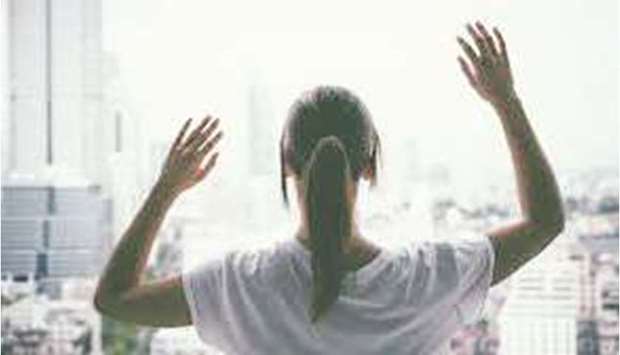My client Deze recently said to me, “I just want my life back. I want to get back to normal.” She was voicing a sentiment many of us feel, but built into that statement was a truth most of us also know: there is no “going back to normal”.
In the past 12 months, the overwhelming events of Covid-19 have turned our lives upside down. For some it has been the traumatic death of a significant person; for others, the devastating loss of their job; and for everyone, the loss of their usual routines, life events and ways of being. Everyone has their own unique response to change, which will be as true in the opening up of restrictions as it was in the lockdowns. Some may find it will take as much psychological energy to step back out into the world as it did to retreat from it.
For many, Covid-19 will be the defining experience of their lives to date, and it has inevitably changed us all. We may wish to resist that change and the fear it engenders. The research in the field of lifespan development is robust: those who try to remain rigidly the same are more likely to suffer. On the other hand, research demonstrates that one possible outcome from loss, surprisingly, is what we term post-traumatic growth. This is not a shallow switch, simply turning something bad into good. Rather, when we allow ourselves to recognise and grieve the pain of the event we have lived through, experiencing and expressing the loss, we may also find that in the process of adjustment, we grow from it. It often means that we are more resilient than we expected, that our perspective on what matters has changed, and we take new strength from the meaning life now has for us. As a grief psychotherapist, I have been examining my own experience, and that of my clients, to identify the ways we can learn from it.
As I look back, I know that the full implications of how the past year has brought about change in me are still unfolding. At peak moments of the crisis I recognised my craving for safety, and my reluctance to give up familiar old habits. This played out in something apparently insignificant – my persistent need to make plans. I was forced to face the unwelcome process of loss every time I, believing optimism was the best attitude to have, doggedly made a plan – to meet my newborn grandchild, or to travel to Scotland – only to feel the thud of disappointment when I had to cancel. This was followed by a mini physiological storm of distress as it vented through my mind and body, finally releasing me into my new reality, which I had to accept. I had to learn to live with uncertainty. I no longer had control.
But not having to commute, or travel to meetings, or even be social, means people have found they have free time. My client Max told me he had an epiphany: “I will never live my life at that pace again. I was crazy. I travelled nonstop, running at 100mph, and by the time I came home at the weekend I was totally exhausted.” Work got the best of him, and home the “dregs”. The richness of having more time has given people opportunities to discover versions of themselves that had been pressed into hiding.
For me, the most valuable aspect of having more time is that it allows us all to prioritise our relationships. This includes our family, our colleagues and our friends. The absence of being with people has been one of the most chilling, difficult parts of lockdown.

A girl during quarantine.
